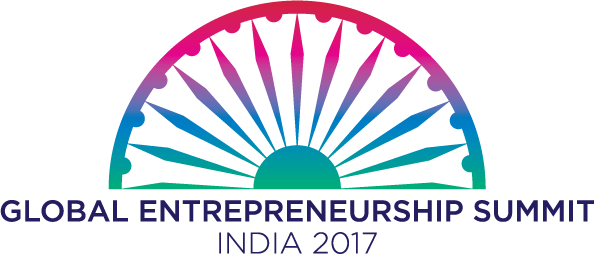Women entrepreneurs have come up with extraordinary innovations that are transforming millions of lives around the world. In this series of blogs, the U.S. Agency for International Development (USAID) introduces you to some of the women whose ideas they have supported. These women are having an outsized impact in the developing world — and beyond — proving that when women do better, countries do better.
Fifth in the series is Muthoni Masinde, who created a drought early warning system that integrates indigenous and scientific drought forecasting using a mobile application, a web portal and SMS service. The information helps small-scale farmers in Mozambique, South Africa and Kenya monitor weather conditions.
How did you come up with your innovation and how did you turn it into a business?
I developed the drought prediction tool during my Ph.D. research at the University of Cape Town between 2010 and 2012. The idea of using computer science (my area of specialization) tools to integrate indigenous knowledge drought prediction approaches on one hand and mainstream scientific ways of predicting droughts on the other was inspired by my own rural village upbringing and my education background.
What struggles have you faced as a female entrepreneur?
My daily chores as a wife and a mother to my four children keeps me too busy that I find myself having less time to focus on my business. Further, the fact that I need to consult (and seek approval from) my husband on major decisions regarding my business sometimes derails my plans to expand the business.
What advice would you give to girls who dream of becoming entrepreneurs when they grow up?
There is a whole world of possibilities out here for them; they should not feel sorry for being aggressive and for dreaming bigger than life itself. They should also work hard; sometimes harder than their counterparts (boys) and should always be true to themselves. Customers, investors, financiers, etc. are looking for authentic ideas/products — not necessarily copy-pasted ones.
What’s been the most gratifying part of this work for you personally?
Recognition of my innovation/contribution by various bodies/organizations such as South Africa’s Department of Science and Technology that gave me an award for Distinguished Woman Scientists, Reuters, BBC Radio and USAID (for the SWFF Award) makes me feel validated. This has given me great motivation to expand my idea into a viable business in three African countries and the entire continent in the long term.
What advice would you give institutions like USAID that want to help entrepreneurs like you succeed?
I would like to commend the great work that USAID is doing in supporting entrepreneurs like me. Perhaps a differentiated funding eligibility evaluation criteria and businesses’ success models will enable identification and eventually support of more African women entrepreneurs. In the context of African continent, women/mothers play very critical role in empowering the whole family; therefore, supporting just one of them to succeed in a business equals supporting a whole village.
Follow USAID on Twitter and Facebook as we head to the 2017 Global Entrepreneurship Summit Nov. 28–30 in Hyderabad, India, where women entrepreneurs and their role in fostering economic growth will take center stage.
Editor's Note: This entry originally appeared in USAID's 2030: Ending Extreme Poverty in this Generation publication on Medium.com.
For more information:
- Q&A Series #4: When Women Do Better, Countries Do Better
- Q&A Series #3: When Women Do Better, Countries Do Better
- Q&A Series #2: When Women Do Better, Countries Do Better
- Q&A Series #1: When Women Do Better, Countries Do Better

